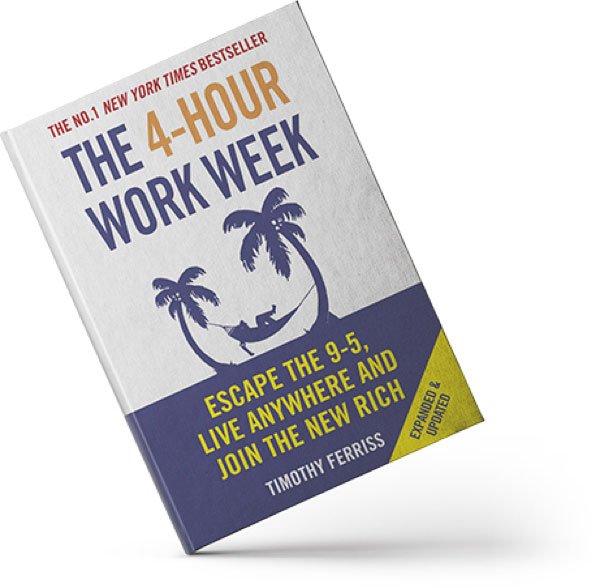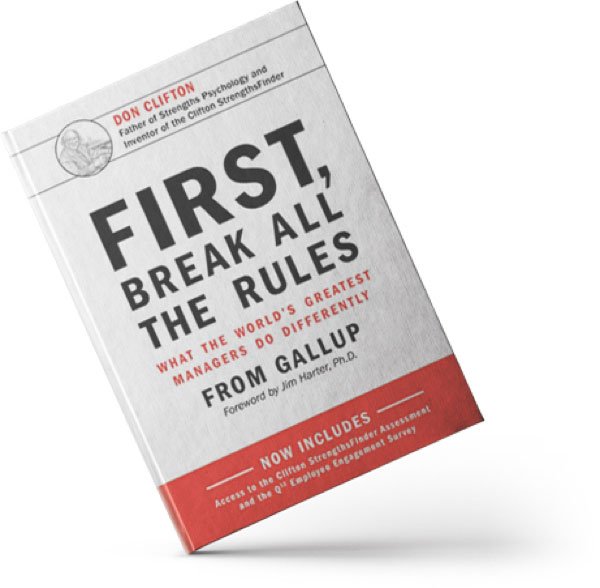We know talking tax often isn’t always popular. But the tax year-end is looming so we must. If you take action now you could make the most of the year end tax planning opportunities still open to you.
INCOME TAX
- Earning between £12,571 and £50,270? You’ll be taxed at the basic rate of 20% (dividends 8.75%).
- Earning between £50,271 and £150,000? You’re in the higher tax band which means you’ll pay 40% tax (dividends 33.75%).
- Your personal allowance is reduced by £1 for every £2 of income above £100,000. This means there’s no personal allowance when income exceeds £125,140. But you might be able to get it back by using our top tips below.
- For earning over £150,000? You’ll be taxed at the additional rate of 45% (dividends 39.35%). From 6 April 2023, the additional rate threshold will reduce to £125,140. This means that you will be taxed at 45% (or 39.35% on dividends) when you earn over £125,140.
| Income tax band | Income tax rate 2022/23 | Income tax rate 2023/24 |
| Basic 20% (dividends 8.75%) | £12,571 – 50,270 | £12,571 – 50,270 |
| Higher rate 40% (dividends 33.75%) | £50,271 – 150,000 | £50,271 – 125,140 |
| Additional rate 45% (dividends 39.35%) | £150,001 and over | £125,141 and over |
OUR TOP TIPS:
- The personal savings allowance grants £1,000 of tax-free savings income to basic rate taxpayers. For higher rate taxpayers this figure is £500. Additional rate taxpayers don’t receive this allowance, so if you can, make sure you use it. This applies to interest on Directors loans too.
- For 2022/23, the £2,000 dividend tax allowance is available for all taxpayers. Amounts falling within this allowance are taxed at 0%. Make the most of it as from 6 April 2023, this is reducing to £1,000.
- You can transfer income-producing assets to a spouse or civil partner to make sure you’re both using all the available allowances. This is also useful if they’re taxed at a lower rate.
- Reduce your higher tax rate liability by reducing your taxable income. This can be done by making payments to a pension plan, making donations to charities under ‘Gift Aid’ or converting income into non-taxable forms (see advice on how your remuneration package could be structured).
- Reducing your higher tax rate liability may be attractive if you’re A) earning between £50,000 and £60,000 and you get child benefit (as this benefit is reduced when your earnings exceed £50,000), or B) earning above £100,000 such that you are losing your personal allowance.
- Make sure you’re claiming capital allowances when you buy assets that you use in your business (this includes holiday homes). Just note that the annual investment allowance (AIA) reduces from £1,000,000 to £200,000 from 1 April 2023.
CAPITAL GAINS
- This is a tax on any profit you make when you sell an asset that has increased in value.
- For 2022/23 you may make gains of £12,300 tax-free. This exemption cannot be carried forward into the next financial year. From 6 April 2023, this tax-free allowance reduces to £6,000.
OUR TOP TIPS:
- Have you used your annual exemption? If not, think about selling assets before 5th April.
- Make sure you’re utilising your spouse or civil partners’ annual exemption by transferring assets to them before selling them.
- Business Asset Disposal Relief (previously Entrepreneurs’ relief) is available on the first £1m of an individual’s lifetime qualifying gains. This can mean that capital gains tax (CGT) is due at 10% rather than 20% but you need to check that this is the case.
- If you own a second home, or a holiday home, you can decide which property is treated as your primary residence, and therefore which property is exempt from CGT. Plan this carefully as the exemption of a gain on one residence means the gain on the other becomes chargeable. You must elect your main residence within two years of purchasing the second one.
PENSIONS & INVESTMENTS
You can pay up to £40,000 a year into a pension scheme. Unused allowances from the last 3 years can be used if you were a member of a qualifying pension scheme.
OUR TOP TIPS:
- Review your allowances. The £40,000 allowance is reduced by £1 for every £2 of an individual’s total income over £240,000. If your income exceeds £312,000, you have a £4,000 allowance plus any unused allowances from the last 3 years.
- The Lifetime Allowance is the amount of money you can hold in pension schemes without facing penalty tax charges when you take pension benefits. For 2022/23 this figure is £1,073,100 – so make sure you check if your pension pot is at or around this number.
- Take advantage of your ISA allowance, which is currently £20,000. You can also invest up to £9,000 for any children under18.
- If you’re aged 18-39 you can open a Lifetime ISA and put in up to £4,000 a year until you’re 50. The government will add a 25% tax-free bonus to these savings, up to a maximum of £1,000 a year. This £4,000 counts towards your £20,000 annual ISA limit.
- Consider investing in schemes or shares such as Enterprise Investment Schemes (EIS), Seed EIS (SEIS) or Venture Capital Trusts (VCTs). These investments offer upfront income tax relief, but can carry higher risk.
INHERITANCE TAX
Inheritance Tax (IHT) is charged at 40% on the part of your estate (property, money and possessions) that’s above the £325,000 nil rate band (NRB).
OUR TOP TIPS:
- You can give up to £3,000 each tax year, and if this amount is unused it carries forward for one year. These gifts can be exempt from IHT as soon as they are made. It’s also possible to make regular gifts out of your after-tax income if you have surplus income. It is important to keep records of gifts so that your representatives have a clear record when they’re dealing with inheritance tax after you’re gone.
- Make a will – dying without one may increase tax and mean that assets are not distributed as you wished.
Review the size of your estate and your will to make sure you benefit from the residence NRB. This is an additional amount up to £175,000 available on top of the individual NRB where the deceased has left a residence to his or her direct descendants.
GET IN TOUCH
This information is not a personalised recommendation. you should always speak to your adviser to get tailored advice before taking action.





















